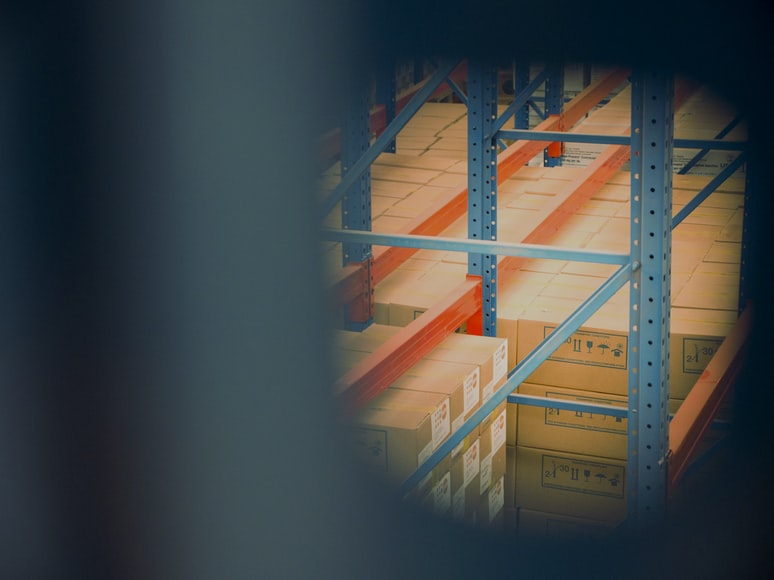
The world today is leaning on sustainable ways to save the environment. Regulations like Extended Producer Responsibility have come up and continue to increase in popularity as governments seek ways to improve sustainability, reduce waste and protect the environment. EPR regulations aim at protecting the environment by putting manufacturers and producers responsible for their productions, including packaging. It plays a significant role in combating environmental hazards from poor waste disposal. Therefore, producers and manufacturers can implement environmentally safe ways of disposing of their waste. Manufacturers must comply with EPR regulations. Those who adhere to the rules enjoy numerous benefits that positively impact their reputation and sales. The following are the perks of adhering to EPR regulations.
1. Improved Sustainability
A significant benefit of EPR is improved sustainability. With Extended Producer Responsibility, manufacturers can take full responsibility for their end products and how consumers dispose of them. Therefore, EPR registration promotes sustainable production and consumption streams. Manufacturers can design durable and recyclable products while promoting reuse and repair. It guarantees responsible disposal by the end user. Through these practices, manufacturers play a vital role in reducing environmental footprint while aiming at sustainability.
2. Enhanced Brand Reputation
EPR regulations are also improving brand reputation. In today’s world, consumers are concerned about the impact they bring and their carbon footprint on the environment. Therefore, they have decided to choose businesses with sustainable products. By adhering to these regulations, manufacturers have a better chance of building a good name and winning more consumers. They show their dedication to protecting the environment and becoming sustainable. Therefore, adopting sustainable production methods I ne with EPR regulations will help build a good reputation, improve sales, and gain customer loyalty.
3. Reduced Waste
EPR registration also helps reduce waste and operational costs in manufacturing. Manufacturers must be responsible for end-of-life management of the products they create. Therefore, they must design products that are easy to recycle, reuse and repair. It will reduce waste and energy efficiency and lower waste management costs.
4. Sustainable Consumption
Manufacturers are also enjoying financial gains from complying with EPR rules. By following sustainability, manufacturers can reduce production costs and save in the long run through sustainable production and consumption. For instance, durable and recyclable products reduce the need for more raw materials and production processes. The amount of waste disposed of into the environment is also low. Therefore, compliance with EPR promotes low production costs while increasing profits in the manufacturing sector.
5. Compliance with Environmental Rules
Complying with EPR regulations makes it easy to comply with other environmental rules. Many of these rules aim at proper waste management and disposal. These regulations are also included in EPR. Therefore, compliance with EPR means compliance with these laws. It helps manufacturers avoid penalties and heavy fines that may ruin their reputations.
6. Access to New Markets
Manufacturers can now access new and better markets thanks to EPR compliance. Many government entities and businesses need products to comply with EPR regulations and meet specific standards set to achieve sustainability. Meeting these standards provide a competitive edge for such products in the market. Furthermore, it is easier for manufacturers practicing sustainability to expand their access to global markets. Manufacturers can also attract consumers who are conscious about protecting the environment from all over the world. It helps build brand loyalty by demonstrating a commitment to meeting sustainability, allowing manufacturers to distribute their products in any market.
7. Meeting Legal Requirements
EPR regulations are compulsory in many regions and countries. Therefore, every manufacturer in these countries must comply with a legal requirement. Failure to obey these regulations results in legal actions, fines, or license revocation. Therefore, registering and complying with EPR rules is a way of meeting one of the legal requirements to operate. Therefore, a manufacturer is sure they are working legally.
8. Innovation
Adhering to EPR regulations encourages innovations. Manufacturers must think of ways to create sustainable products and manage their end-of-life. They are obligated to create products with simple designs that are easy to recycle and dispose of after use without harming the environment. This kind of innovation leads to more opportunities and improved market competitiveness.
Outlook
Compliance with EPR regulations is critical to achieving sustainability to reduce environmental impact. So, EPR registration benefits manufacturers by helping them become more sustainable and innovative while lowering production costs. Manufacturers can demonstrate their commitment to protecting the environment.